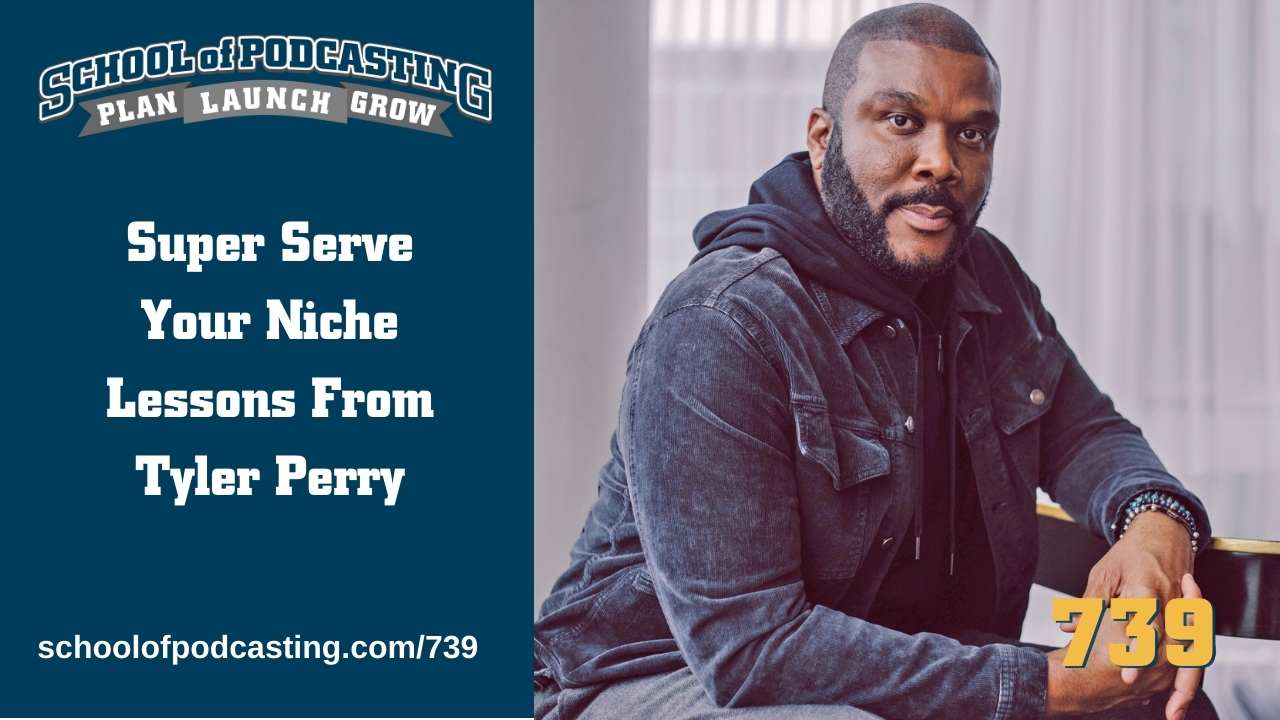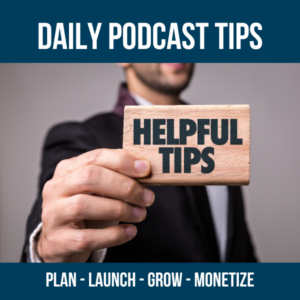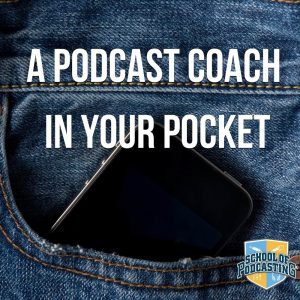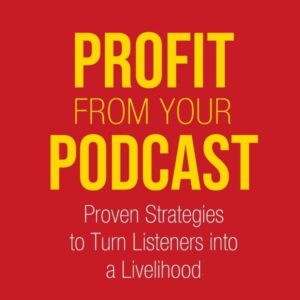
As I continue (as a middle-aged white dude) to attempt to learn more about Black History, Culture, and issues, a friend of mine suggested I watch the TV show Black AF on Netflix as there is always a hidden history lesson. (a writer and producer) plays a television writer and producer (named Kenya Berris). In one episode the main character (who is a movie and television creator) is worried about giving feedback to a fellow black creator, and also is worried about what others might think about his films and content.
In sone scene, Kenya meets Tyler Perry who might know from his movies feature Madea. This is a character played by Perry. She is a tough, elderly African-American woman. She 6'2″ and 365 lbs.
Diary of a Mad Black Woman—2005
Madea's Family Reunion—2006
Meet the Browns (cameo)—2008
Madea Goes to Jail—2009
I Can Do Bad All by Myself—2009
Madea's Big Happy Family—2011
Madea's Witness Protection—2012
A Madea Christmas—2013
Boo! A Madea Halloween—2016
Boo 2! A Madea Halloween—2017
A Madea Family Funeral—2019
Transcript from Black AF Featuring Tyler Perry
In the episode, Kenya asks about the website Rotten Tomatoes.
—-
Kenya Barris: Go to Rotten Tomatoes.
Tyler Perry: But let me just tell you about the tomatoes. I don't fuck with 'em.
Kenya Barris: No tomatoes?
Tyler Perry: I don't give a damn about a rotten or a fresh none of that means shit to me.
Kenya Barris: That's amazing. What about critics?
Tyler Perry: I don't give a fuck
Kenya Barris: I guess that's amazing.
Tyler Perry: Can I just tell you why?
Listen, man, I know that I'm telling stories that my folks want to see. I'm talking from our point of view. We're speaking a language. We're speaking a shorthand that we get, and that white people don't necessarily get. Nina Simone said this and I never forgot that she said, “You will use up everything you got trying to give everybody what they want.”
You got to focus man you know what I do? I super serve my niche. We speak like we're talking we know each other – we get it. There's a lot of times I see shit that wins Oscars and I be like, what is this shit? I walked out halfway through it. I don't get it. I feel like they feel the same way about my work. They don't get it, which is all cool.
My mother born in Jim Crow South In Louisiana, right down the street from Mississippi where Emmett Till was murdered. She told me the value of being who I am of my blackness. She said, “Don't you ever let anybody tell you who you are, you know who you are, you know where you come from.” I watched her stories, I watched her struggles and that's what I'm telling.
I'm telling the stories that I come from, and that's why they're winning. Because people are recognizing themselves in these stories, no matter how crass that people think they are, no matter what the critics are saying, Oh, I don't get this shit. I don't understand what is. I don't give a fuck because I'm talking to us. That's why millions of people are watching my shows every week. That's why people keep showing up and sending the movies to number one. I'm talking to us connecting with us. You know, I'm saying?
Let me tell you what you're doing, you're trying to get them to approve you. That's when I don't get why niggas run around trying to get white folks, “Please tell me I'm special. Oh, give me your Oscar. Oh, let me know I'm all of these things that you want me..”
Fuck that. Tell your story. Live in your own life in your own culture. Tell your own experience. Ain't nobody gonna tell you how to be you. You hear what I'm saying?
Kenya Barris: I do man. I really fucking do.
Tyler Perry: Good.
—-
Now keep in mind that this is Kenya Berris playing himself and the same for Tyler Perry, but the more I got into researching Tyler Perry the move I loved his message.
It's Not How You Start – It's How you Finish
Tyler grew up in Louisiana with his mother and an alcoholic father who would beat both he and his mother.
His Success Didn't Come Overnight
Tyler started with plays. His first play cost $12,000 to put on. He expected to get 1200 people, and instead he got 30.
It Starts With Knowing Your Audience
Tyler Perry knows white critics are not going to get his movies. He doesn't care because he got feedback from someone who saw the movie “Diary of a Mad Black Woman” and she said, “In two hours, you got my sister to do what we've been trying to do for twelve years – leave an abusive relationship.” (source)
His Attitude on Feedback
In his book Higher is Waiting, he states, “What's more, you need some naysayers in your life. You need people to challenge your point of view. Your job is to look for the truth in their negativity. For instance, sometimes I'll get a bad review. And my first defensive reaction is to think it's completely off the mark. Once I give myself a moment and allow my initial reaction to be released, I'll read it again to see if there's anything I can learn from the review. If it's pure vitriol, well, I let it go. But if there's some truth, even a kernel, I'll use what's written to be better at what I do. I can take constructive criticism.”
It Took Seven Years to Start to Catch On
Tyler mentions how each year he would work different jobs, saving his money so he could put his play I Know I've Been Changed on in a theater. Upon the seventh year, he started to get feedback from attendees saying how much they enjoyed the play. It would go on tour from 1998-2000.
He Went To Where His Audience Was
Perry continued to create new stage productions, touring with them on the so-called “Chitlin' Circuit” (now also known as the “urban theater circuit”) and developing a large, devoted following among African-American audiences. In 2005, Forbes reported that he had sold “more than $100 million in tickets, $30 million in videos of his shows and an estimated $20 million in merchandise”, and “the 300 live shows he produces each year are attended by an average of 35,000 people a week.”
He is Brave and Shares His Faith
If you interview Tyler Perry he will say his success is due to one thing. The grace of God. He knows saying “Jesus” is not a popular thing to do in mainstream media. But it's not to his audience. In a survey in 2007 by the Pew Research Center's Forum on Religion & Public Life, the African-American population was found to be more religious than the U.S. population as a whole, with 87% of its members being affiliated with a religion, and 79% of them saying that “religion is very important in their life”, in contrast to 83% and 56% of the whole US. population, most of which is Christian, with 83% of black Americans identifying as Christian, including 45% who identify as baptist.
He Owns All of His Material
While many podcasters are looking to be on a big network, Tyler Perry went direct. He rented theaters for his plays. He wrote, acted, and directed his content. Why? His father was a carpenter and he would see his father build a house and get paid $8,000 while to owner/seller of the house got $80,000. Perry's films are co-produced and distributed by Lions Gate Entertainment; he retains full copyright ownership under the corporate name Tyler Perry Films and places his name in front of all titles. Perry's movies have seen very limited release outside North America, but in May 2010, Lionsgate announced plans to begin releasing his films in the United Kingdom.
He Gives Back to His Community
His dream was to own his own studio. He bought land in Atlanta Georgia that was previously a confederate fort that made plans to keep 3.9 million negros enslaved, and he put built it there so other black children could see “that the land is now owned by one negro.” (source)
Mentioned in This Episode
Tyler Perry Spring Tuskegee Commencement Speech
Tyler Perry Gives Powerful Speech Of Motivation As He Accepts Ultimate Icon Award | BET Awards 2019
Avoid Overwhelm – Start Your Podcast Today
Get access to the private Facebook group, the step by step tutorials, and access to live group coaching, and me!
http://www.schoolofpodcasting.com/start

Daily Podcast Tips! Put Your Inbox to Work
- Pingback: Six Strategies To Make Your Podcast Interesting - Power of Podcasting




